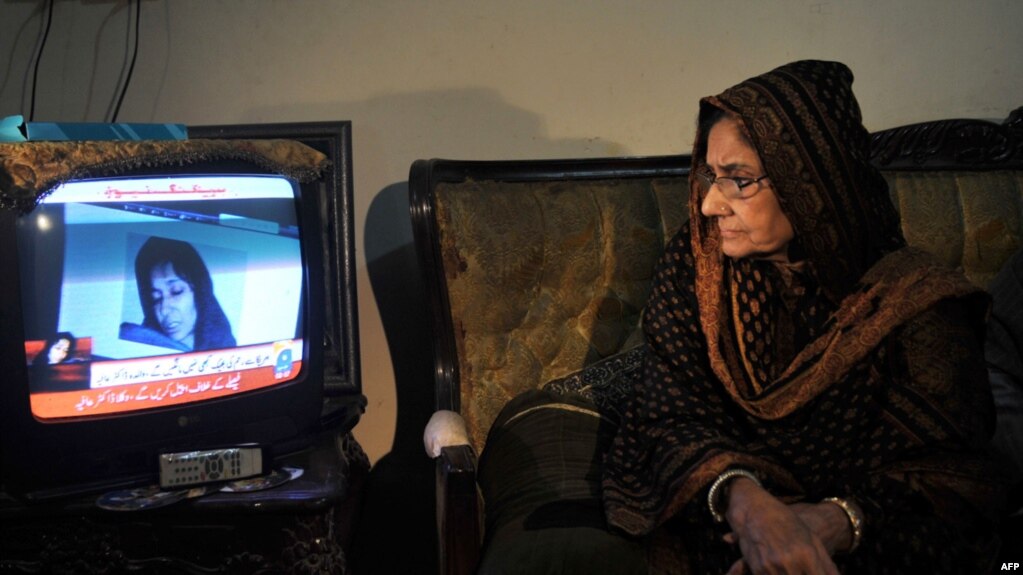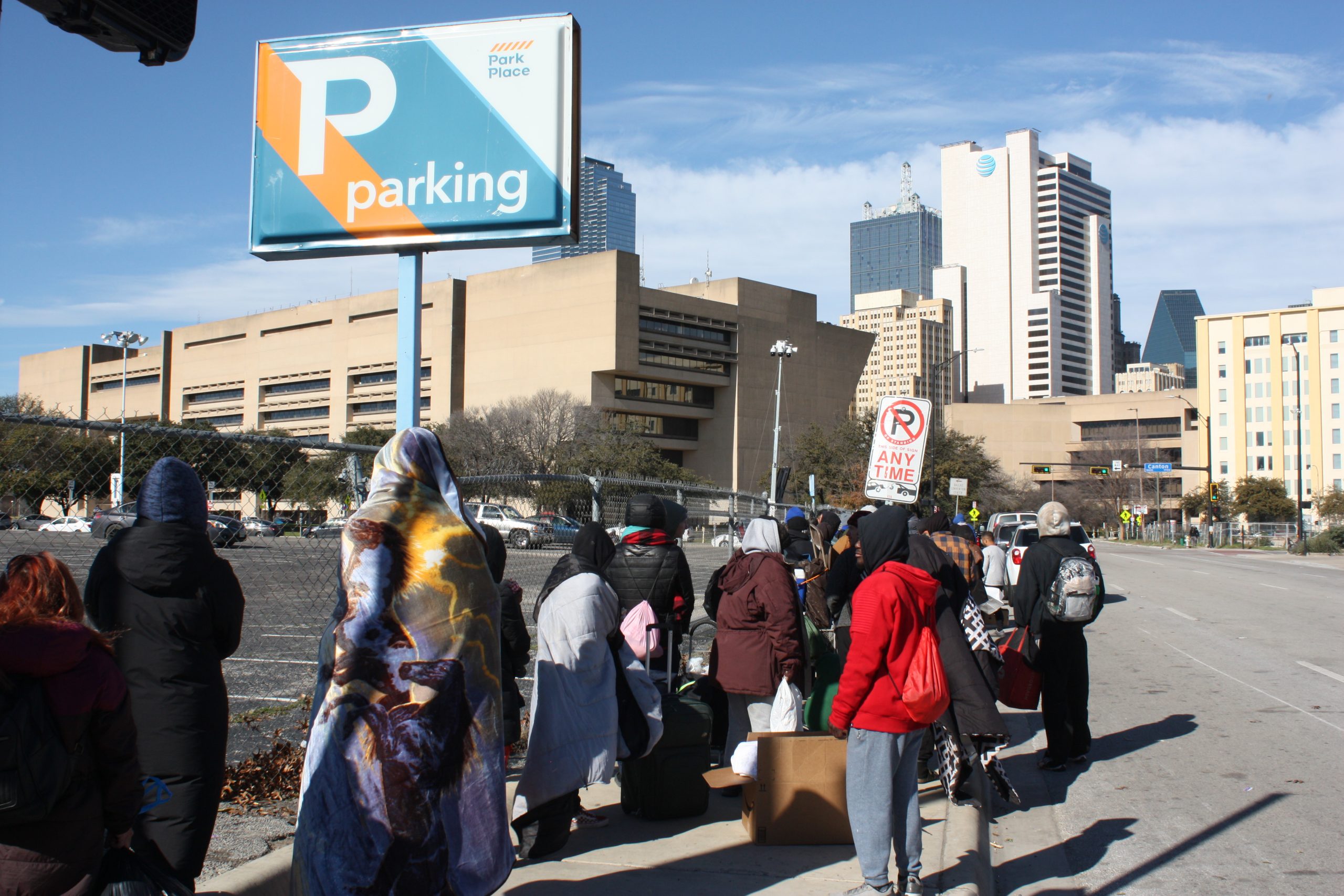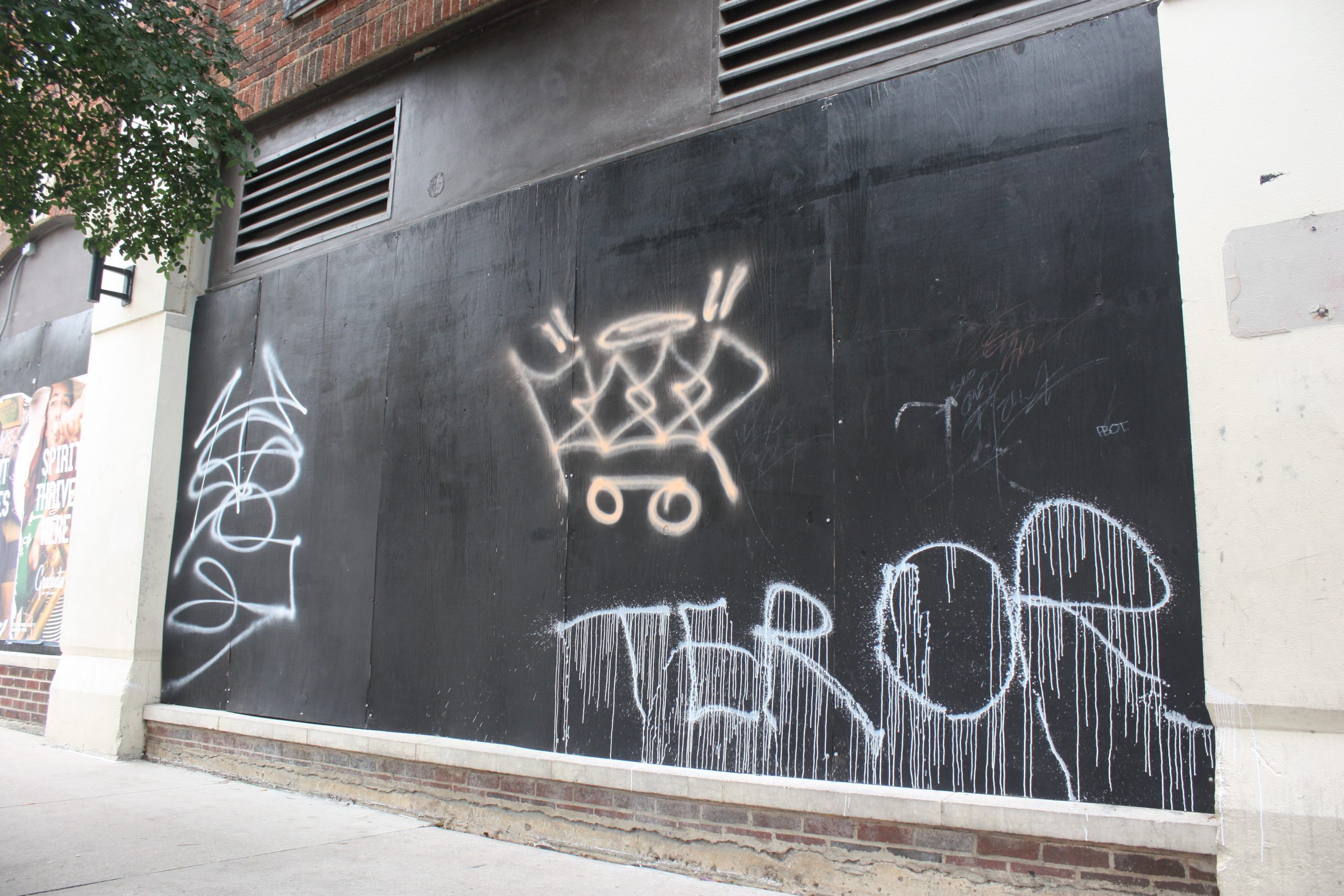Advocates for Aafia Siddiqui make final plea to Biden for clemency
A petition to free the Pakistani neuroscientist has gained more than 540,000 signatures while diplomatic negotiations continue.

By Sam Judy, for Prism
A petition to free the Pakistani neuroscientist has gained more than 540,000 signatures while diplomatic negotiations continue.
Aafia Siddiqui’s case has reached a critical point after almost 16 years of relative stagnation. With more evidence supporting her innocence than ever before, supporters are calling on President Joe Biden to grant the Pakistani neuroscientist clemency before his exit on Jan. 20.
Siddiqui has been serving an 86-year sentence for allegedly shooting at U.S. military officers at an Afghanistan National Police command center. Her trial and imprisonment in 2010 has been the subject of several human rights campaigns pushing for her release due to alleged false testimony and lack of evidence.
Advocacy group Aafia Movement has posted a clemency petition on Change.org in support of Siddiqui, 52, with a deadline of Jan. 16.
“Her case is one of the tragic remnants of the ‘War on Terror,’ a period marked by injustices that continue to strain U.S. relations with the global Muslim community,” the petition states.
The White House did not respond to requests for comment on Siddiqui’s case.
Siddiqui’s lawyers filed a lawsuit in September alleging that their client has suffered several forms of abuse at Federal Medical Center Carswell, a maximum security prison and medical center in Fort Worth, Texas. Along with accusations of sexual abuse, rape, physical battery, and heightened stress worsened by extended periods in solitary confinement, Siddiqui has been denied religious solace, her lawyers say. According to Siddiqui’s lawyers, she has not been allowed to meet with an imam, which would indicate a violation of Siddiqui’s rights under the First Amendment and the Religious Freedom Restoration Act (RFRA).
In the closing days of Biden’s administration, Siddiqui’s chances of clemency by way of presidential action wane with each passing day. But between advocacy, legal, and diplomatic efforts, the case is approaching an apex, said Maria Kari, a Texas-based human rights lawyer representing Siddiqui. Kari recently attracted national attention after suing the U.S. government for “abandoning” her Palestinian American clients in Gaza in the midst of Israeli bombardment.
“It’s a very critical period for clemency petitions like Aafia’s,” Kari told Prism. “And that’s when you need the groundswell of support from not just the Pakistani diaspora, but also Pakistanis back in Pakistan and human rights defenders here in the United States. And we’re trying to translate those efforts into people writing and signing the petition to President Biden. It’s going to be very important for him to hear what this case means to the people and to appeal to his empathetic side.”
Siddiqui obtained degrees from the Massachusetts Institute of Technology (MIT) and Brandeis University and returned to Pakistan in 2003. The FBI accused her of having ties to al-Qaida, and she went missing from Pakistan until 2008, when she was arrested and questioned in Afghanistan. Supporters allege that she had been held secretly by the U.S. in Afghanistan during this time, which U.S. officials deny. While she was being held for questioning, U.S. officials said Siddiqui picked up an officer’s gun and fired shots before an officer shot her. Siddiqui has denied touching a gun, and the U.S. version of events was also disputed by Afghan police.
After she was extradited to the U.S. in 2008 and initially deemed mentally unfit to stand trial, Siddiqui’s case was heavily publicized in the media during the 2010 proceedings. Supporters criticized mainstream outlets as Islamophobic in their coverage of Siddiqui, who was given the moniker “Lady al Qaeda” in the American press. The neuroscientist was found guilty of all charges, which included counts of armed assault of a U.S. officer and attempted murder.
Supporters allege that testimony regarding the shooting was largely fabricated. Authorities did not find Siddiqui’s fingerprints on the M4 rifle she was alleged to have fired. Additionally, investigators could not find gunpowder residue on Siddiqui’s clothing or effectively prove that the weapon was discharged.
Repatriation efforts are continuing. Kari recently joined a delegation, including the foreign minister of Pakistan, to meet with U.S. House representatives, senators, and other stakeholders shortly before Christmas.
“A lot of support was shown, and some of these elected representatives have already been doing their part,” Kari said.

This is a significant improvement from previous developments. In late October, Pakistan’s Deputy Prime Minister Ishaq Dar said at the international “China at 75” conference that a three-person committee failed to “bear fruit” in persuading U.S. leadership to repatriate Siddiqui to Pakistan.
Prime Minister Shehbaz Sharif previously stated that he sent Biden a letter on Oct. 18 vouching for Siddiqui.
“Numerous Pakistani officials have paid consular visits to Dr Siddiqui. … All of them have raised their serious concerns about the treatment she has received,” Sharif says in the letter. “You would, therefore, fully understand that as prime minister, it is my solemn duty to intervene when it becomes absolutely necessary to ensure a citizen’s wellbeing, particularly when the circumstances are as dire as they are in this case.”
The U.S. did not acknowledge the letter, Pakistan’s Ministry of Foreign Affairs told the Islamabad High Court (IHC) in early December.
“The Pakistani government can do so much here. When a leader of a state writes a letter and sends a delegation, that’s an important step but it’s not the end all, be all solution,” Kari said. “It has to be followed up with intense, good-faith diplomacy.”
As confirmation letters from the U.S. are part of standard procedure in matters of diplomacy, some have cast doubt on whether Sharif even sent his letter in the first place. Among those are Siddiqui’s sister, neurologist Dr. Fowzia Siddiqui, who founded Aafia Movement.
Fowzia Siddiqui has been a leading voice in the effort to free her sister. As she made public statements intended to pressure Pakistan’s government to make a meaningful effort toward negotiations with the U.S., she said she has faced threats.
“I continue to be pressured by some people I will not name who think it would be best if I abandoned my sister,” Fowzia Siddiqui said. “I don’t think the Pakistan government has done enough. What is the point of having a government if they won’t focus on justice for a citizen? But that said, I am going to work with everyone of goodwill to get my sister out.”
I had never imagined America to commit such gross violations of human rights and such horrendous torture. It was an eye-opener.
-FOWZIA SIDDIQUI
Fowzia Siddiqui last communicated with her sister in 2023, when the two interacted for the first time in 20 years. “She was deeply traumatized. It reminded me of the ‘Dracula’ movie where he would keep young women in his dungeon and slowly drain their blood; she seemed like one of his victims,” Fowzia Siddiqui said. “I was deeply traumatized, as I had never imagined America to commit such gross violations of human rights and such horrendous torture. It was an eye-opener.”
Allegations of sexual abuse are nothing new for FMC Carswell, which has been the subject of two other lawsuits in the last year. The prison has been called a “house of horrors” and was previously compared to “rape club” Federal Correctional Institution in Dublin, California. The Prison Rape Elimination Act (PREA) requires an independent investigation to be carried out to confirm allegations of rape leveled against guards or other prison employees. No such investigation has been carried out so far. The Federal Bureau of Prisons refuses to comment on any pending litigation or ongoing investigations.
Despite challenges, Aafia Siddiqui’s chances of freedom have never been greater. And with her petition surpassing 540,000 signatures, her story is known by more of the public than ever before. Fowzia as well as Aafia’s son Ahmed await her return home to Karachi.
“I plan to visit again in January,” Fowzia Siddiqui said. “Though I very much hope I don’t have to, as it would be far better for all concerned if I took her to a hospital in another country rather than coming to see her in the hell that is FMC Carswell.”
Prism is an independent and nonprofit newsroom led by journalists of color. We report from the ground up and at the intersections of injustice.








